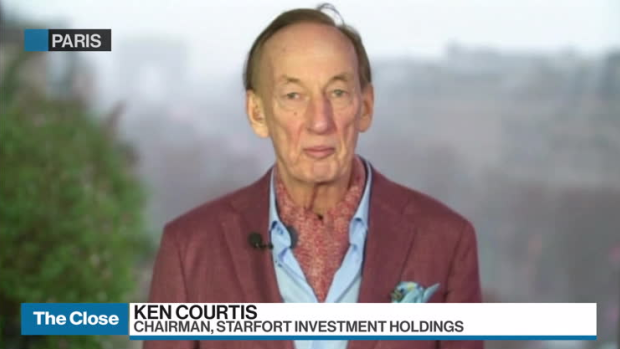Dec 7, 2018
China won't 'cry' over Huawei arrest, but may remind Canada of it later: Courtis

The arrest of Huawei’s chief financial officer in Vancouver is unlikely to have an immediate impact on Canada’s relations with China, but it could come into play if the two countries ever sit down to negotiate a trade deal, according to the former vice-chair of Goldman Sachs Asia.
“The Chinese obviously are not happy that this woman was grabbed at the airport in Vancouver, but they also recognize that there [were] judicial proceedings in the U.S., that there was an international mandate to grab her that had been issued,” Ken Courtis chairman, Starfort Holdings told BNN Bloomberg in an interview on Friday. “They know who Canada’s first ally is and so they aren’t going to cry too much about that.”
That doesn’t mean that China is likely to forget about Meng Wanzhou’s Dec. 1 arrest when they next come face-to-face with Canadian officials, he added.
“In the negotiations, of course, they’ll push that across the table and make it as embarrassing for the Canadians as possible,” he said.
However, Courtis added that Canada likely did not have much choice but to apprehend Meng given the nature of its relationship with U.S. President Donald Trump.
“The Canadians could have said: ‘She got away just as we were trying to catch her!’ They didn’t do that, partly, I think, because Trump has made it pretty clear that he can play rough-house politics with Canada, as well,” Courtis said.
“So, there was a choice that was made, obviously, and [they] know what the consequences are.”
Courtis added that Canada’s relationship with Trump and, in particular, the clause in the new North American trade agreement restricting trade deals with “non-market” economies as a severe damper on Canada’s appeal to China as a potential trade partner.
“I think Canada’s standing in China has dropped quite substantially,” Courtis said of Article 32.10 of the NAFTA replacement. “This just confirms, I think, the view in Beijing that Canada has a very, very tiny margin of independence on these major issues with regards to China from the United States.”

